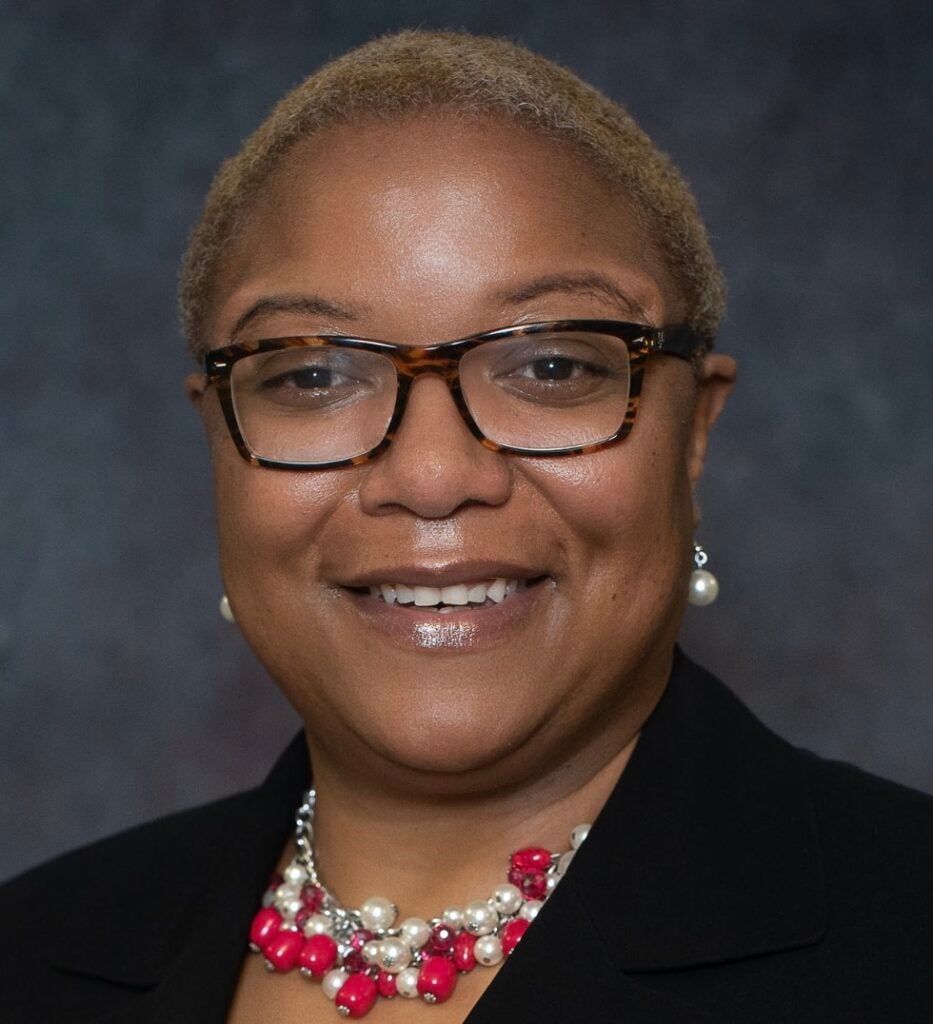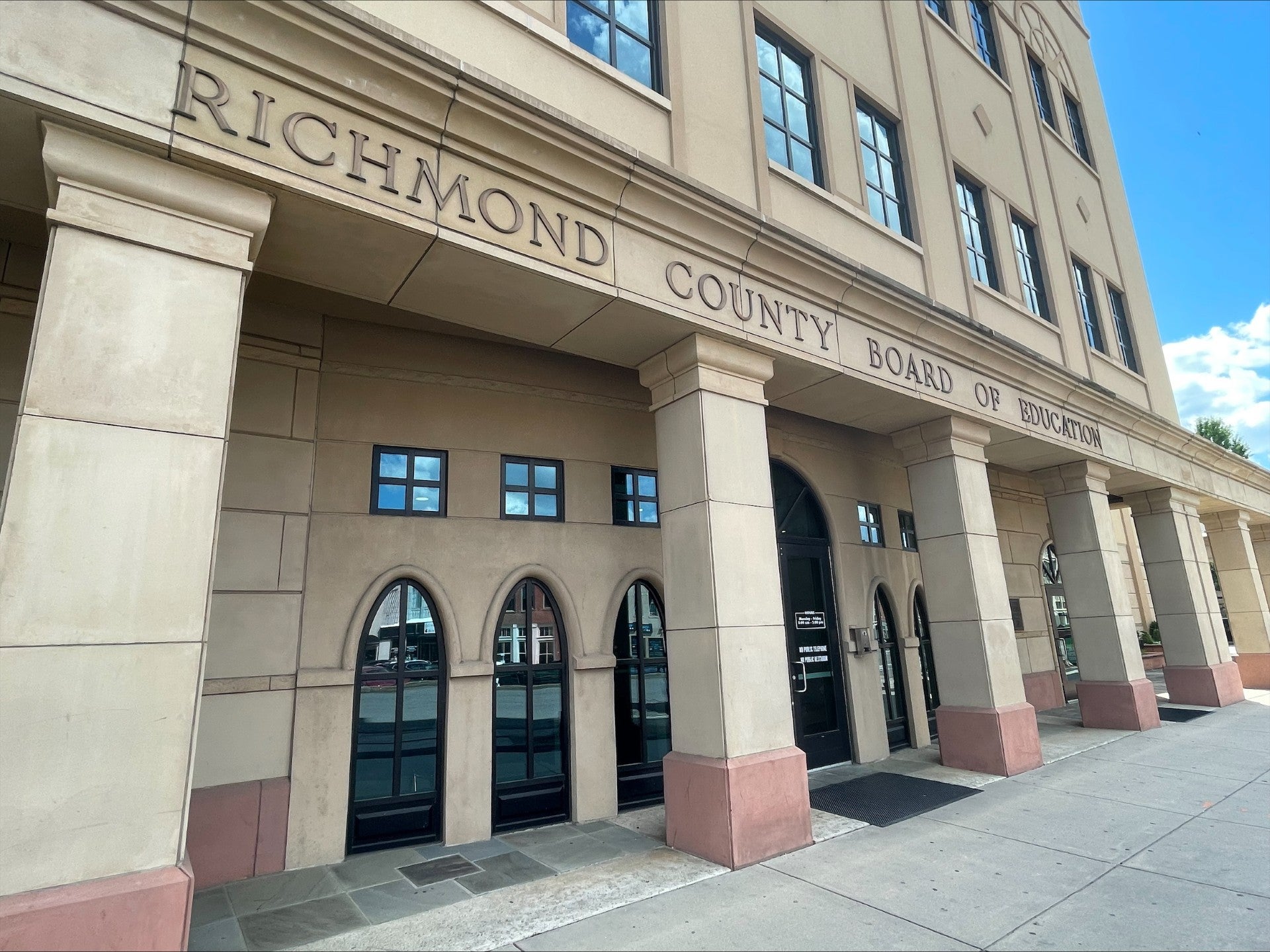Richmond County Board of Education is “still deliberating” but could have a pick for superintendent of schools July 22, board President Shawnda Stovall said Monday.
Stovall updated reporters on the board’s search process, including its need for secrecy, after the board sat in closed session for over an hour. Trustees emerged Monday to take no action.

The school district has been without a permanent superintendent since Dec. 31, after Kenneth Bradshaw resigned mid-year to take a job in Atlanta.
Since then the board named Associate Superintendent Malinda Cobb as interim superintendent. Cobb has held that role for six months and also applied for the permanent position.
The search, conducted by the Georgia Schools Boards Association, attracted 35 applications, Stovall said, proof that “people want to be here in our school system.”
Stovall did not address recent reports the 10-member board has been unable to agree on a superintendent. Trustee Monique Braswell issued a statement Thursday that “internal struggles and dysfunction” on the panel are plaguing the process.
MORE: Planning Commission votes in favor of proposed Summerville liquor store
Of the 35 applicants, six were interviewed behind closed doors last month. As of Monday, the board had six finalists, Stovall said. The group’s next scheduled meeting to discuss them is July 22, she said.

“We’re going back into executive session to discuss personnel and then hopefully we’ll be able to come back out make a nomination for our finalist. Hopefully,” she said.
Of the finalists, only Cobb’s name is publicly known, and it has been widely discussed in social media. Asked if job candidates’ privacy has been violated in the process, Stovall claimed trustees who mention their names are breaking the law.
“It’s against the law for us to even confirm or deny a candidate,” she said. “It’s illegal for us to name a candidate because it violates their privacy.”
Stovall explained the rationale as “they could be fired” if their current employers found out.
MORE: Popeyes gets fried in health inspection
State law does not prohibit the release of government job finalist names, although open records laws intended to keep sunlight on the public’s business require the release of three finalists for an agency head position 14 days before the hire is made. The laws permit candidates to withdraw from consideration to avoid being made public, but the names of subsequent finalists must then be released.
The board’s plan is to select a finalist then ask whether he or she “accepts being chosen as our finalist,” Stovall said. “Once that’s done, we release their information to the public.”
Asked whether the board intends to release just one finalist, Stovall said it hasn’t decided but has that option.









